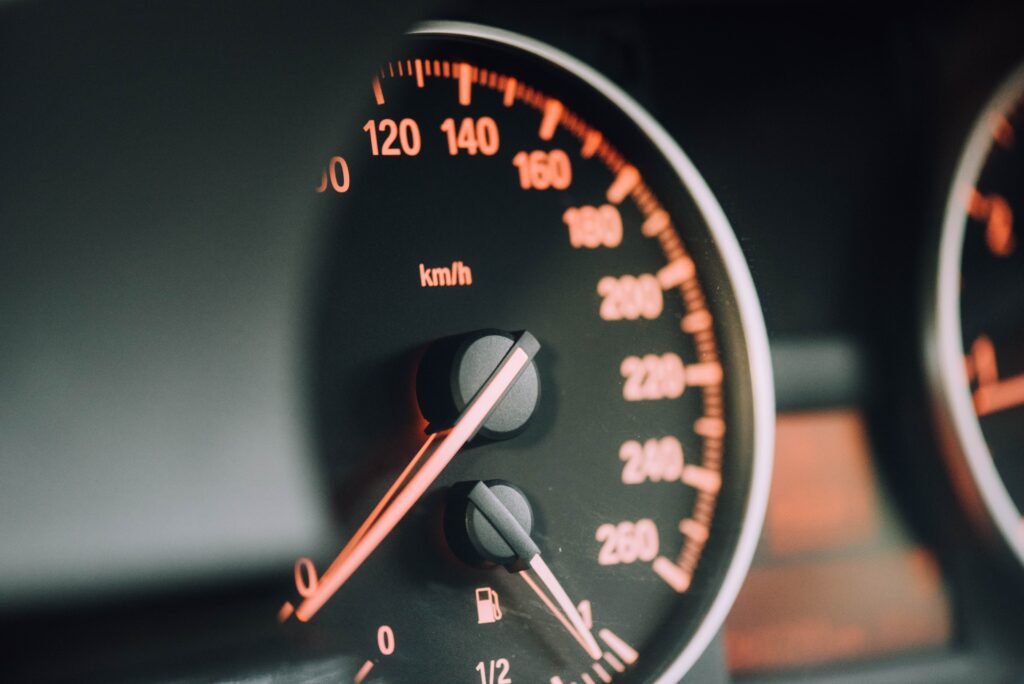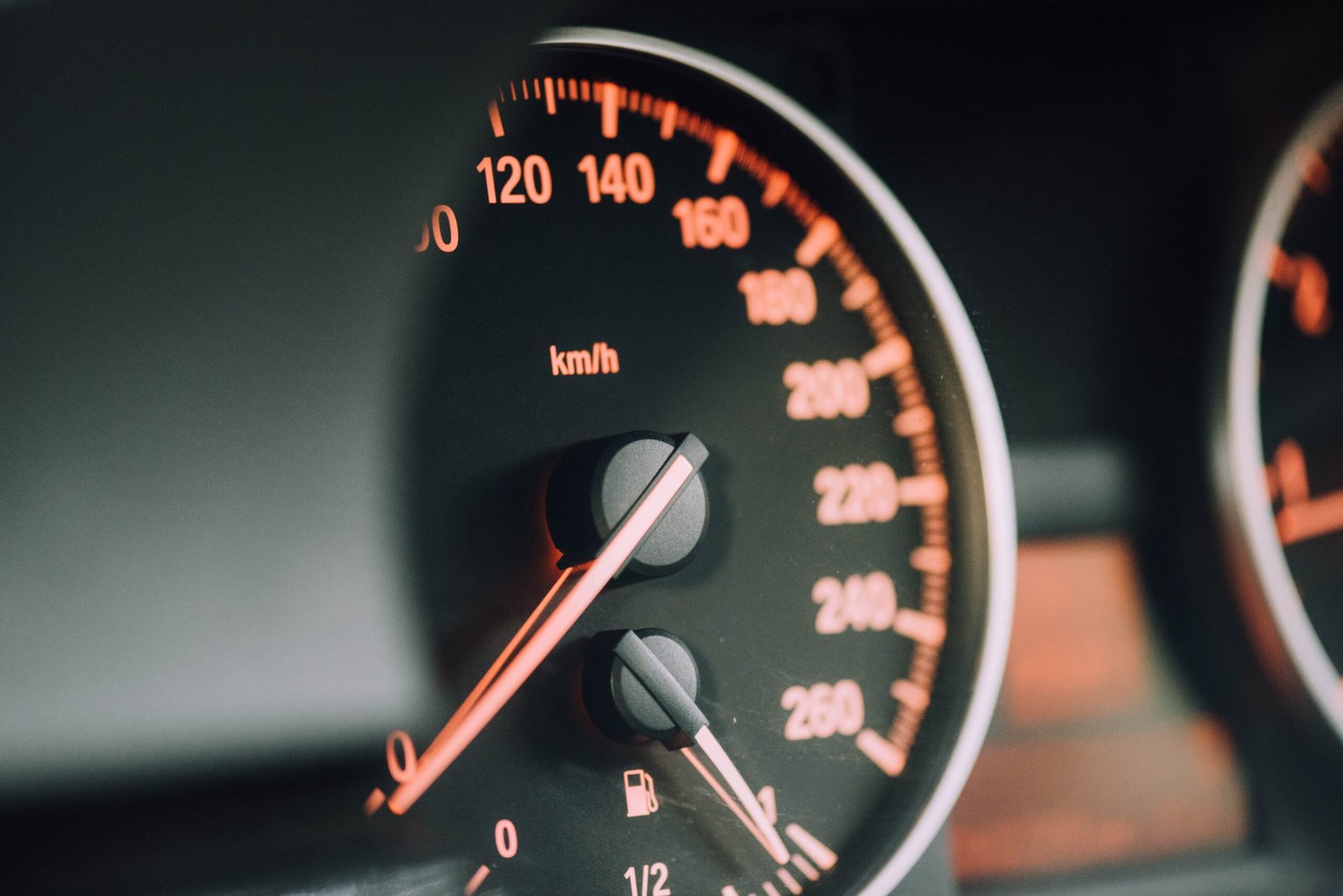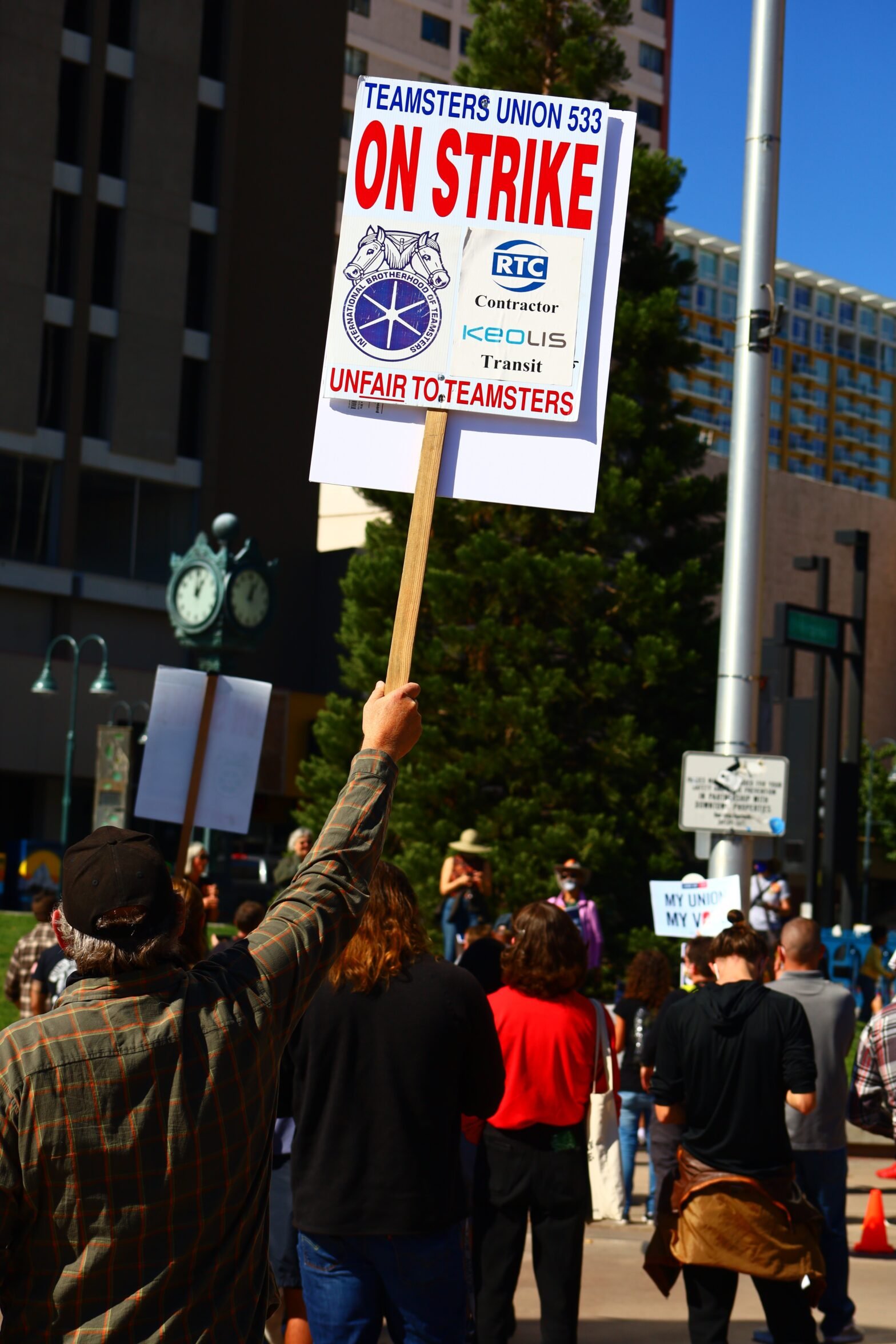In the world of auto insurance, there may come a time when your car is considered “totaled” after a serious accident. While dealing with the aftermath of a totaled car can be emotionally and physically draining, it is crucial to understand how to navigate the insurance process to ensure you receive the maximum compensation. This article examines the various steps and strategies one should employ to get the most money from their insurance company when their car is deemed a total loss. From documenting the damage to negotiating a fair settlement, this guide equips individuals with the knowledge and tools necessary to handle such unfortunate incidents in a professional and financially beneficial manner.

Check Other Money Aesthetic Aricles
Evaluate the Value of Your Totaled Car
When determining the value of your totaled car, there are several factors to consider. The first step is to determine the pre-accident value, which can be done by researching the market value of similar cars in your area. This will give you an idea of what your car was worth before the accident.
Another important consideration is the salvage value of your car. Salvage value refers to the worth of the car’s parts and materials that can be sold or used for repairs. It is important to factor in salvage value when negotiating with your insurance company.
To get a more accurate assessment of your car’s value, it is recommended to get an independent appraisal. An independent appraiser will perform a thorough inspection of your car and provide an expert opinion on its value. This appraisal can be used as evidence when negotiating with the insurance company.
Lastly, it is crucial to know your car’s market value. This means understanding the current demand and pricing for your car model in the market. Knowing the market value will give you an idea of what your car is actually worth in the current economic climate.
Understand Your Insurance Coverage
Understanding your insurance coverage is essential when dealing with a totaled car. Knowing the types of coverage you have will help you determine what your insurance company will cover in terms of repairs or replacement. For example, comprehensive coverage typically covers the cost of repairs or replacement for a totaled car.
Reviewing your policy is crucial to fully grasp the extent of your coverage. This includes checking the terms and conditions, deductibles, and any exclusions that may apply. Understanding your policy will help you know what costs you are responsible for and what your insurance company will cover.
In addition to your existing coverage, it is important to check for any additional coverage options that may be available to you. Some insurance companies offer add-ons or endorsements that can provide extra protection in the event of a totaled car. These options may include rental car coverage, gap insurance, or new car replacement coverage.
When evaluating your insurance coverage, it is also important to consider the deductibles. The deductible is the amount of money you will need to pay out of pocket before your insurance coverage kicks in. Understanding your deductible will help you assess the financial implications of filing a claim for your totaled car.
Check Other Money Aesthetic Aricles
Document the Damage and Evidence
In order to maximize the insurance payout for your totaled car, it is crucial to document the damage and gather all relevant evidence. One of the first steps is to take photos and videos of your car from all angles. These visual records will serve as concrete evidence of the extent of the damage.
Aside from visual documentation, it is important to gather all relevant documents related to the accident. This includes the accident report, medical records if there were any injuries, and any receipts or invoices for repairs or towing services. These documents will provide additional evidence to support your claim.
Obtaining the police and accident reports is also vital. These reports contain important details about the accident, such as the date, time, location, and descriptions of the vehicles involved. They may also include witness statements and the officer’s assessment of the scene. These reports can strengthen your case when negotiating with the insurance company.
If there were any witnesses to the accident, it is advisable to contact them and request their statements. Witness statements can add credibility to your claim and provide additional evidence of the circumstances surrounding the accident. Contacting witnesses promptly ensures their recollections are fresh and accurate.
Notify Your Insurance Company
Promptly reporting the accident to your insurance company is crucial in initiating the claims process. The sooner you notify them, the sooner they can begin assessing the damages and working towards a settlement. Be prepared to provide accurate and detailed information about the accident, including the date, time, location, and a description of what happened.
When providing information to your insurance company, it is important to be honest and forthcoming. Leave out no details, as withholding relevant information may negatively impact your claim. The more accurate and detailed your information is, the smoother the claims process will be.
Cooperating with the claims adjuster is essential when dealing with a totaled car. The claims adjuster will be responsible for assessing the extent of the damage and determining the value of your car. Providing any requested documentation or information in a timely manner will help facilitate the claims process and ensure an accurate assessment.
After reporting the accident, it is important to follow up with your insurance company on the progress of your claim. This includes staying in contact with the claims adjuster and providing any additional information they may need. Regular communication will help you stay informed and ensure that your claim is being handled efficiently.

Check Other Money Aesthetic Aricles
Get a Repair Estimate
When dealing with a totaled car, it is important to obtain a repair estimate from a reputable repair shop. Choosing a reputable repair shop is crucial as their estimate will be used as a basis for negotiations with the insurance company. Look for a shop with a good reputation, positive customer reviews, and certifications from recognized industry organizations.
Obtaining multiple quotes from different repair shops is recommended. This will give you a range of estimates and allow you to compare pricing, services, and warranties offered. It is important to choose a repair shop that not only provides competitive pricing but also meets your expectations in terms of quality and timeliness of repairs.
Consideration should also be given to using Original Equipment Manufacturer (OEM) parts. OEM parts are manufactured by the same company that made the original parts for your car. While they may be slightly more expensive than aftermarket parts, they are often of higher quality and ensure a better fit. Including OEM parts in your repair estimate can help maximize your insurance payout.
In addition to the visible damage, it is important to consider hidden damages when obtaining a repair estimate. Hidden damages may not be immediately apparent and can significantly impact the overall repair cost. It is important to have a thorough inspection of your car to identify any hidden damages that may have resulted from the accident.
Negotiate with the Insurance Company
When negotiating with the insurance company for your totaled car, it is important to understand the initial offer they provide. The initial offer is typically based on the insurance company’s assessment of the car’s value and the estimated cost of repairs. However, it is important to remember that this offer is not final and can be negotiated.
Presenting evidence and documentation is crucial when negotiating with the insurance company. This includes providing the repair estimate from a reputable repair shop, photos and videos of the damage, and any relevant documents such as the police report. Concrete evidence will help support your claim and demonstrate the extent of the damages.
Highlighting any sentimental or rare features of your car can also be beneficial during negotiations. If your car has any unique qualities that add value, such as a rare color or limited edition features, be sure to emphasize these to the insurance company. These features may not be immediately apparent and can affect the value of your car.
When negotiating with the insurance company, be prepared to counter their initial offer. This may involve providing additional evidence, such as comparable car listings or expert opinions, to support your valuation. Be persistent and assertive in advocating for a fair and accurate settlement for your totaled car.

Consider a Diminished Value Claim
Diminished value refers to the loss of value a car experiences after being in an accident, even after it has been repaired. If your car has been totaled, it is important to know what diminished value is and if your state recognizes it. Not all states recognize diminished value claims, so it is crucial to familiarize yourself with your state’s regulations.
Obtaining a professional appraisal is necessary when pursuing a diminished value claim. A professional appraiser will assess the extent of the damage and calculate the diminished value of your car. This appraisal will provide concrete evidence of the decrease in value and support your claim for compensation.
To file a claim for diminished value, you will need to submit the professional appraisal to your insurance company. The insurance company will then review the appraisal and assess the claim. Keep in mind that diminished value claims can be complex, and it may be helpful to consult with a legal or insurance professional for guidance throughout the process.
Research Comparable Car Listings
Researching comparable car listings is crucial when determining the value of your totaled car. An effective way to do this is by searching online car marketplaces for similar makes, models, and conditions of cars. Look for listings in your area to get a sense of the local market value.
When comparing car listings, consider factors such as mileage and features. Cars with lower mileage and desirable features may have a higher value. Take note of any similarities between the listings and your car, as these can be used as evidence to support your valuation during negotiations with the insurance company.
Documenting the comparable car listings for reference is important. This documentation will serve as concrete evidence of the market value of similar cars and can be used to support your claim for a fair settlement. Having this information readily available will help you during negotiations with the insurance company.
Explore Total Loss Settlement Options
When dealing with a totaled car, it is important to explore total loss settlement options. One option is to receive the actual cash value (ACV) of your car. The ACV is the market value of your car before the accident, minus depreciation. It represents the amount of money the insurance company is willing to pay to settle your claim.
Another option to consider is retaining the salvage of your car. Retaining the salvage means keeping the damaged car instead of having it towed away and disposed of by the insurance company. This option may allow you to sell the salvaged parts and materials, which can help offset the financial loss of your totaled car.
Evaluating the total loss threshold set by your insurance company is also important. The total loss threshold is the point at which the cost of repairs exceeds a certain percentage (often around 75%-80%) of the car’s pre-accident value. If your car exceeds the total loss threshold, it will be deemed a total loss by the insurance company.
Understanding your state’s regulations regarding total loss settlements is crucial. Each state may have its own laws and requirements regarding total loss settlements, so it is important to familiarize yourself with the specific regulations that apply to your situation.
Review the Final Settlement Offer
Once you receive the final settlement offer from your insurance company, it is important to thoroughly review and analyze the calculations. Ensure that all costs, repairs, and deductions are accurately accounted for. If you notice any discrepancies or missing expenses, bring them to the attention of your insurance company for clarification.
If you are unsure about any aspect of the final settlement offer, it may be beneficial to discuss it with a legal or insurance professional. They can review the offer and provide guidance on whether it is fair and accurate based on your specific circumstances. Their expertise can help you make an informed decision regarding the settlement.
Ensuring a fair and accurate settlement is crucial when dealing with a totaled car. This includes considering all the expenses and damages incurred as a result of the accident. By carefully reviewing the final settlement offer and seeking professional advice if needed, you can maximize the amount of money you receive from your insurance for your totaled car.











